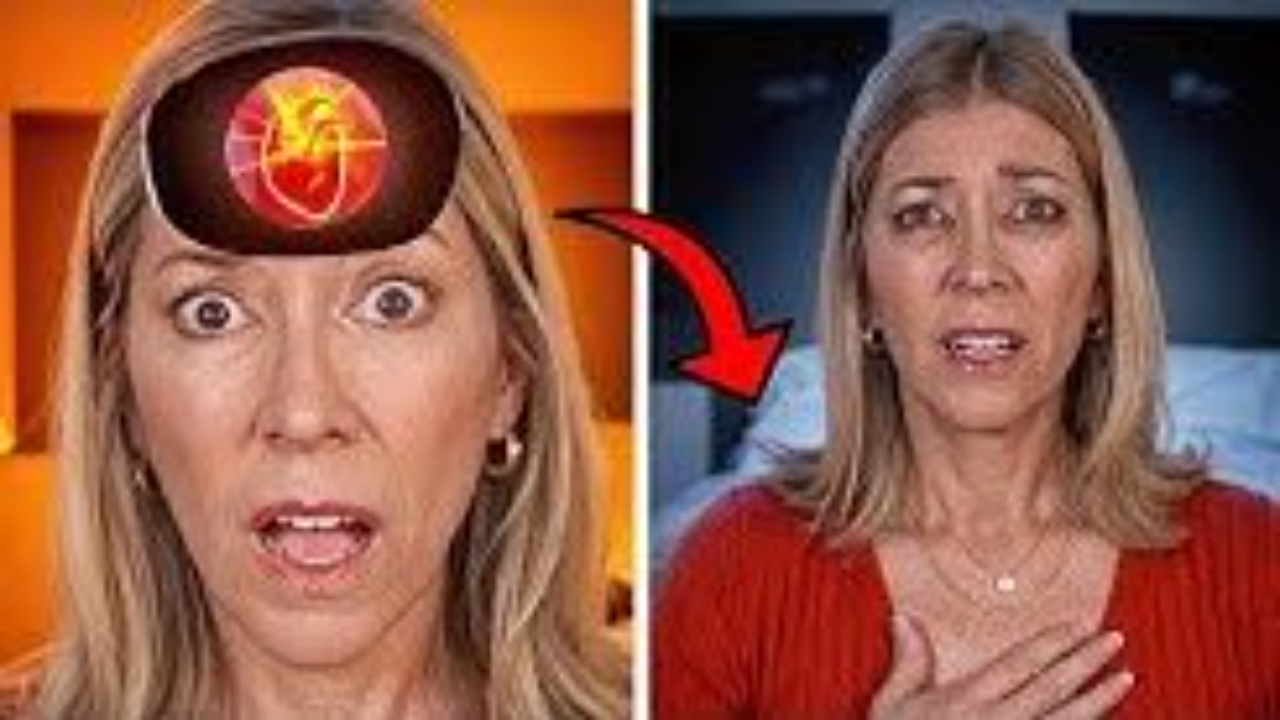
Overcome Medication Anxiety - Pharmacophobia
Do you ever find yourself staring at a bottle of prescribed medication and feel a wave of anxiety wash over you? If so, you're not alone. Many people experience intense worry or fear at the thought of taking new medication, which can stem from various deep-seated concerns.
Conquering Anxiety: Navigating the Fear of Taking Medication
Prescribed medication for managing intrusive thoughts and anxiety some years back initially yielded positive results with no discernible side effects. However, a growing skepticism towards medications and the pharmaceutical industry led to an abrupt discontinuation of treatment. This choice triggered a resurgence of anxiety, accompanied by insomnia and intrusive thoughts, ultimately culminating in a significant mental health crisis.
Understanding the Fear
It's natural to have a mix of emotions when receiving a new prescription. You might wonder if you really need it, if there will be side effects, what to do about those side effects if you experience them, if the medication causes dependence, if it interacts with something else you're taking, or if it could cause permanent damage. These questions are all reasonable and should all be explored.
The fear of taking medication, or pharmacophobia, is common. A study estimated that 30 to 50% of the population does not adhere to their prescribed medications, with one of the main reasons being pharmacophobia—the fear of medication and a negative attitude about medications, pharmaceuticals, and the medical profession in general.
What Drives the Fear?
Several factors can contribute to pharmacophobia:
-
Past Negative Experiences or Traumas: Previous negative experiences or traumas, as well as a general distrust of the pharmaceutical industry, can cultivate a fear that taking medication might lead to adverse side effects or dependence.
-
Fear of Swallowing Pills: Some individuals worry about physically swallowing a pill, a condition known as pseudodysphagia.
-
Health Anxiety and Obsessive-Compulsive Disorder (OCD): People with health anxiety and OCD may experience excessive worry about the side effects and potential risks of taking medications.
-
Nocebo Effect: This is the opposite of the placebo effect, where a person expects a negative side effect from a medication, leading them to experience what they anticipate experiencing.
-
Skepticism Towards Medication and the Healthcare System: Skepticism, especially around mental health medication, also contributes to pharmacophobia. A major predictor of developing a fear of taking medication is the tendency to believe in conspiracy theories.

Nothing is worse than feeling unsafe in your body, like you are a victim of your fear and not in control. You have come to the right place. Learn how to take back your freedom from high anxiety, bodily sensations and panic.
Moving Beyond the Fear
Feeling anxious about taking medication is common and nothing to feel ashamed about. Here are some actionable steps to help:
-
Open Communication: Address your fears openly with your doctor or therapist.
-
Create a Manageable Plan: Work with your healthcare provider to create a plan that feels manageable for you.
-
Therapy: Consider therapies like Exposure and Response Prevention (ERP) therapy or Cognitive Behavioral Therapy (CBT) to address underlying anxiety and OCD.
-
Explore Alternatives: If swallowing pills is the issue, explore alternative medication forms like liquids or dissolvable tablets.
-
Keep a Journal: Document your experiences and feelings as you navigate your fears, noting any progress or setbacks.
-
Consider Quality of Life: Remember to consider your overall quality of life when making a plan and be willing to be flexible if needed.
Taking medication is a personal choice, and whether you choose to take medication or not, it's essential to consider your overall quality of life. Support is available for those struggling with pharmacophobia, and you are not alone in your journey. Remember, it's okay to seek help and support when needed.
If you're not in a supportive community where you feel safe to share, I invite you to join the WarmHeart Hub, it's a mental well-being community filled with compassionate and understanding people and I'm there as well to answer your questions and to offer support. You can find the WarmHeart Hub at Paige Pradko.
Let's Keep in Touch
Subscribe to My Newsletter
We hate SPAM. We will never sell your information, for any reason.







